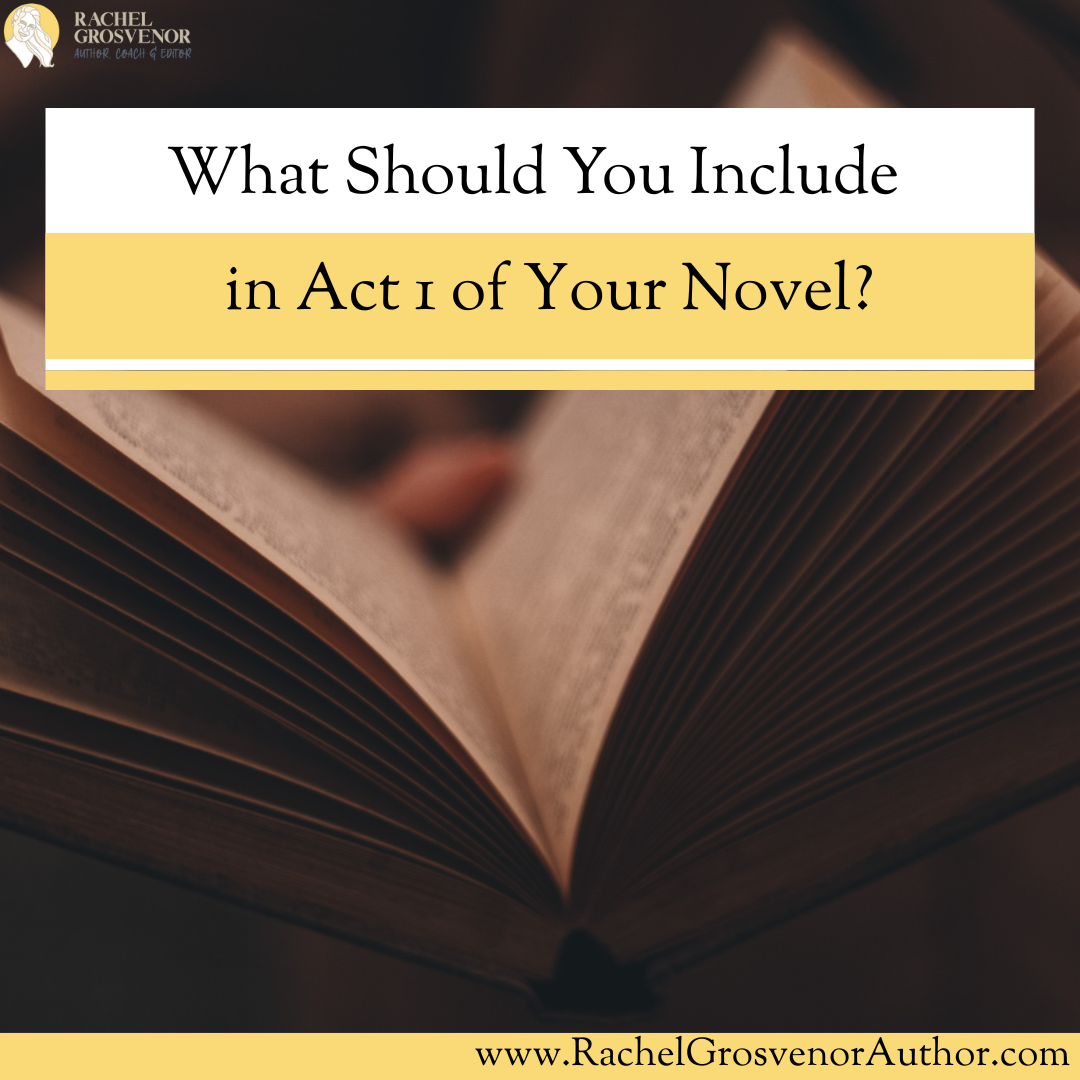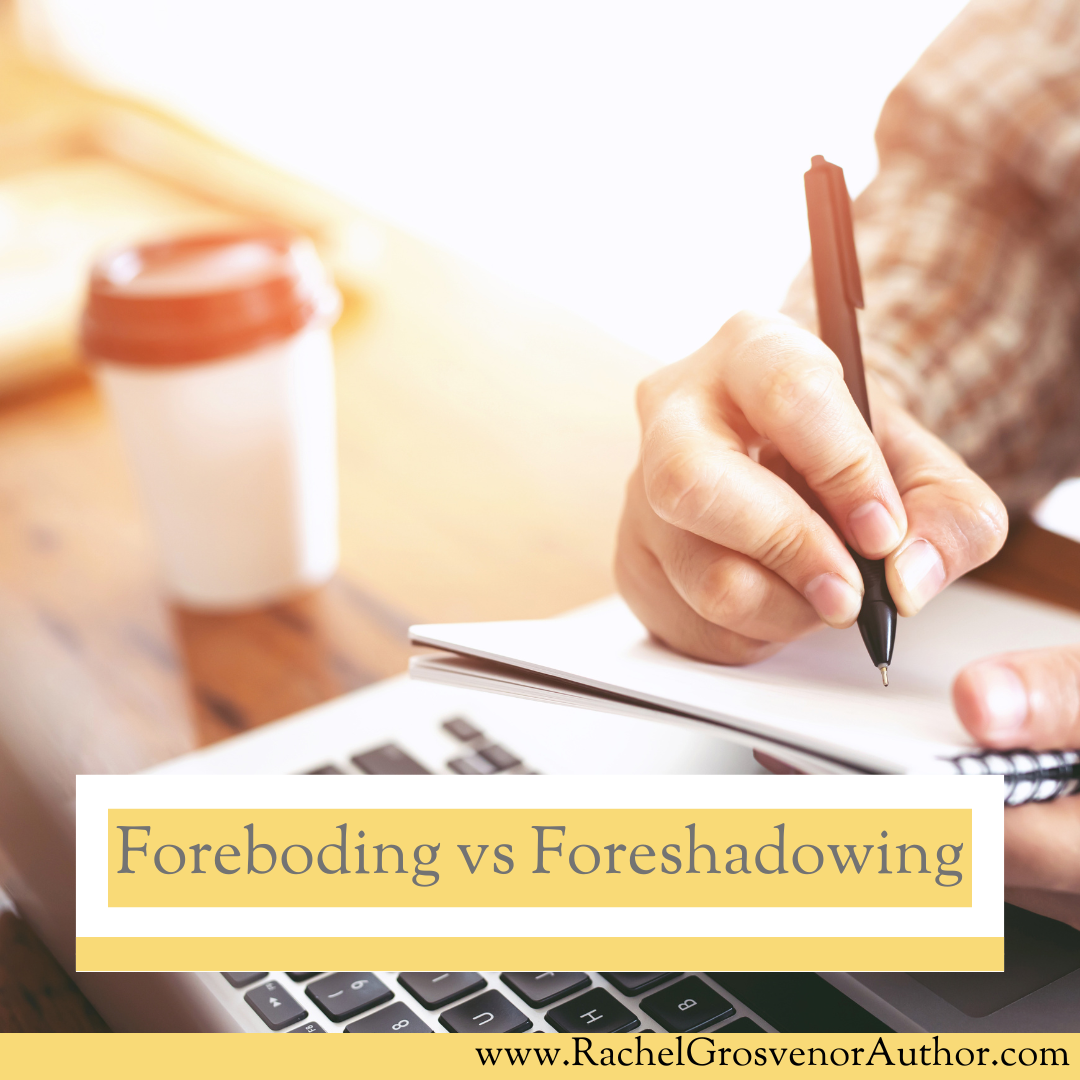Motivation is such a tricky thing, and we often don’t realise it’s stepping out of the door until it is too late. So, what do you do if you have lost your motivation for your current project?
Read on to discover how you can regain your passion for your writing.
Energy:
When we lose our motivation and drive for a project, it can be disconcerting. We can begin to question all sorts of things, whether we should be working on this at all, whether it’s good enough, or even whether we should write.
Before you decide on the answer to these questions, ask yourself the following:
How am I feeling?
Energy and motivation go hand in hand. If you are well rested, have time to focus on essential elements like self-care, and feel fulfilled in other areas of your life, you are more likely to have the motivation to write. So pay attention to how you are feeling, and ask whether you need to give yourself a break.
Taking a break from a project is fine, just so long as you keep that goal in mind. Rest and recuperate so that you can get back to being your best creative self and get that project underway again.
Keep the project goal clear in your mind so that it isn’t forgotten.
Success:
You might already know that success looks like a completed novel, and that is great. It’s important to understand what success is so that you know when you have achieved it. But, having a generalised idea of success without a timeline will only inspire motivation and action for so long.
Break it down into easier to digest chunks of action and information. What will success look like this week, for example? How will you achieve your monthly word count? And, what will you do once you have reached that weekly goal?
Reward your success at each stage and celebrate, before moving onto the next part of your novel writing plan.
Be specific about your idea of success.
Your Creativity Data:
What is creativity data? It’s discovering the facts of when you are at your most creative, and how much you can write realistically in a set period of time.
Everyone is creative and productive at different times of the day. For me, it’s the morning, and I know that if I want to get the most out of my word count, then it is best to get up and get writing first thing, hot coffee in hand. Because I know this about myself, I understand that an evening set aside for writing is actually no good to me. I know that I will be unproductive, and will struggle to write my novel then.
Learn when your powers of creativity are at their strongest, and harness this time.
Not sure when you’re at your most creative? Experiment! Practice writing at different times in the day across the week, and record when you get the most done. When in doubt, turn to the data – once you can see the numbers on when you’re your best creative self, and how much you can get done in that time period, you can use that to your advantage.
So there you have it! Need to regain that motivation? Make sure you have the energy, give yourself an understandable timeframe and accessible definition of success, and check in with your creativity data. You’ll be writing again in no time!
Still need a hand?
That’s absolutely fine – writing is not easy, and we all need to investigate our processes from time to time to see where they can be improved.
Get in touch for a chat, and tell me how I can help. Whether it’s assistance with creating a writing routine, understanding what’s holding you back, or help with a novel idea – I’m here to help.
Found this post helpful? Share it with a fellow writer who may also benefit!











